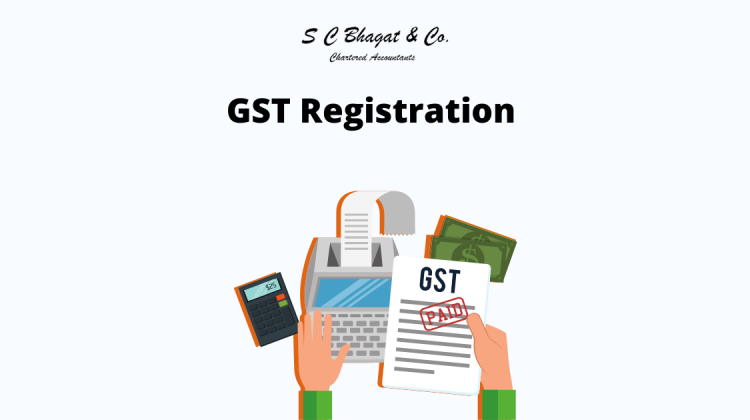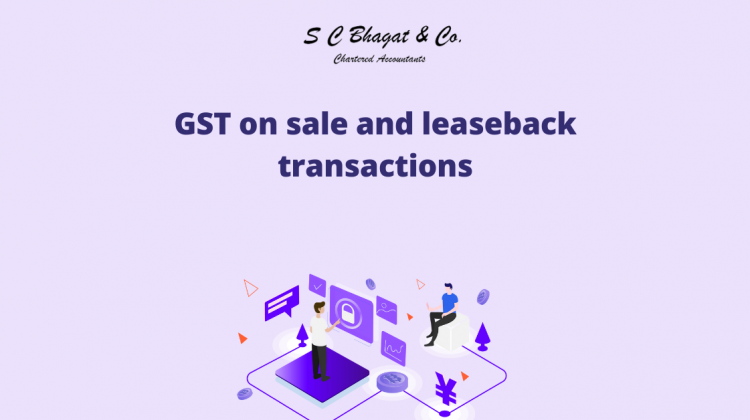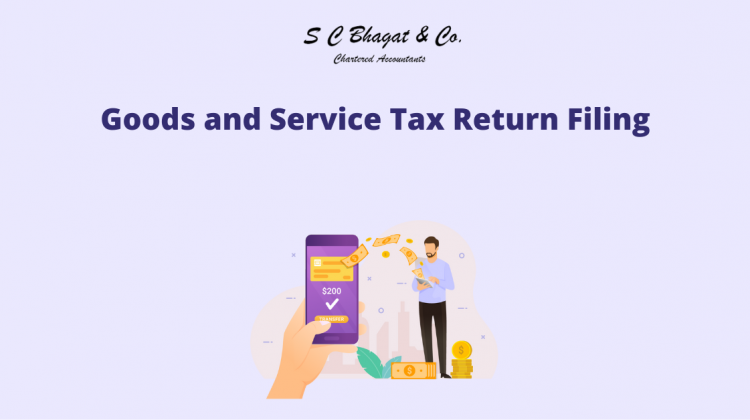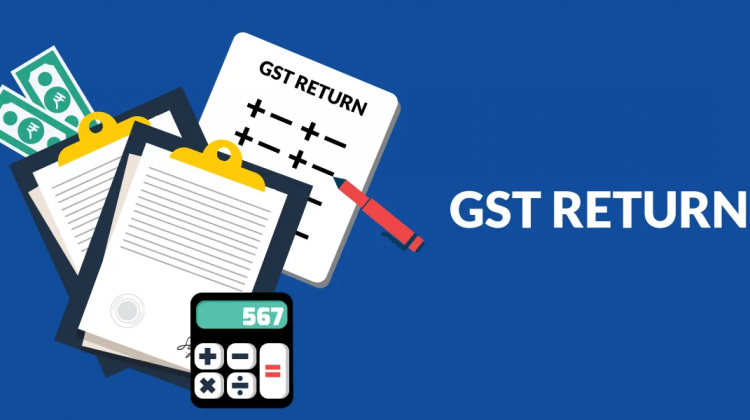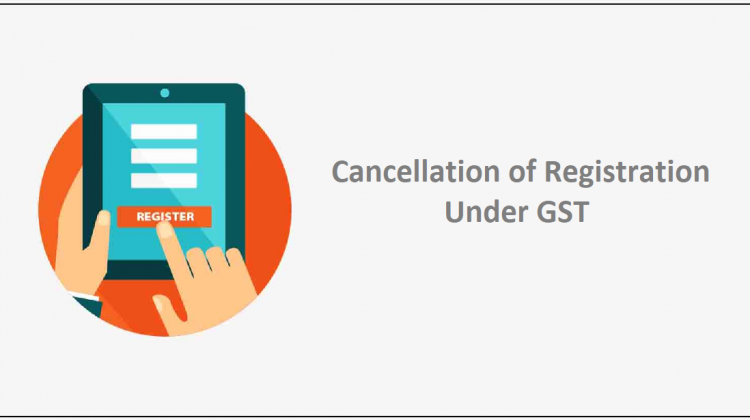About GST Registration Concept: – Goods and Services Tax is a merged indirect tax policy that covers VAT, CST, Service Tax, Central Excise duty, Entertainment Tax, etc, and is legal all over India with effect from 1st July 2017. When to register for GST: – GST is compulsory to register when annual turnover surpasses INR 40/20 lakh …
Category: Goods and Services Tax (GST)
Goods and Service Tax Return Filing
Want help filling out your GST returns once you’ve completed your GST registration? Virtual Auditors come to your aid. The Goods and Services Tax (GST) is an indirect tax paid on the sale of goods and services that was introduced by the government in 2017. Every ordinary business must file a tax return on a …
Job Work provisions under GST – Key Points
Job work means any treatment or process undertaken by a person on goods belonging to another registered person. So registered person need to send inputs/capital goods to job worker to do job work. To send these inputs/capital goods without payment of tax only on challan basis – Job Work provision under #GST comes into force. …
GST Return Filing Services
GST is a major indirect tax reform in India, unlike anything the country has seen since independence. GST was implemented to make indirect taxation easier, reduce complexities, and eliminate the cascading effect. Depending on the type of business, all registered businesses must file a monthly, quarterly, or annual GST return. GST returns are submitted electronically, but …
Cancellation of registration under GST
Cancellation of GST registration defines that the taxpayer won’t be a GST registered individual anymore; they’re going to not need to pay or collect the tax. Taxpayers who have earlier registered under the GST Act can apply for cancellation of GST registration any time they shall close their business or if the other situation emerges. …
Who Needs to Register for GST in India
A ‘taxable person’ under GST, may be a one that carries on any business at anywhere in India and who is registered or required to be registered under the GST Act. a person who engages in economic activity including trade and commerce is treated as a taxable person. ‘Person’ here includes individuals, HUF, company, firm, …
Circumstances When Goods can be Detained Under GST
Any transportation or movements of goods valuing more than Rupees 50,000 by a listed person must be convoyed by an e-way bill. The proper officer has the power sanctioned by the Centre Government or State Government to interrupt goods in transit. The person in charge of a vehicle loading goods more than Rupees 50,000 is …
GST Refund Applicability, Time Limit & Procedure
GST is an indirect tax which ultimately becomes the revenue of government when the product/service is consumed by the end consumer. Government allows the GST Refund to promote the exports and to make Indian exporters competent to the global market. So, except some exceptional circumstances GST refund is applicable on the exports. Any eligible GST …

